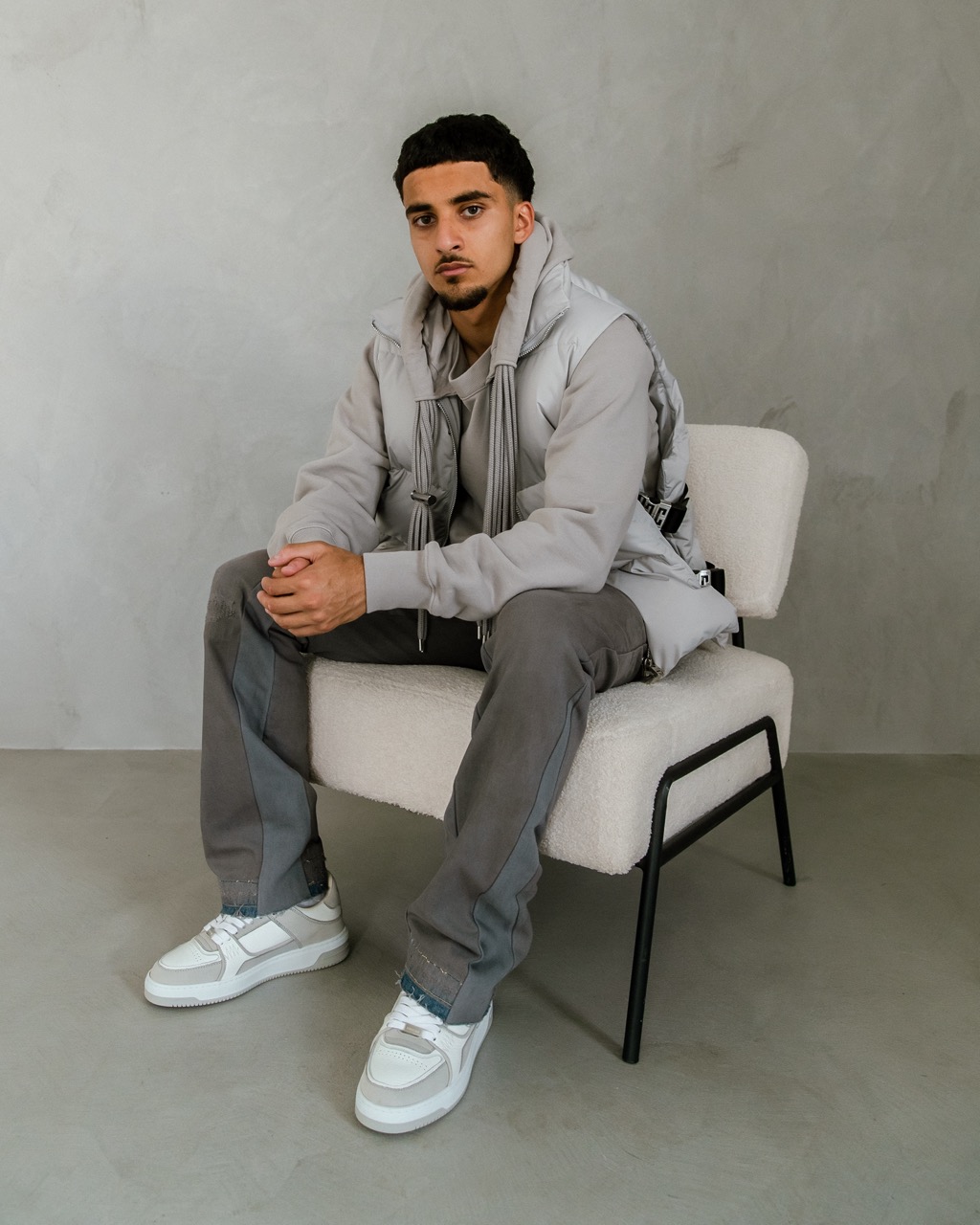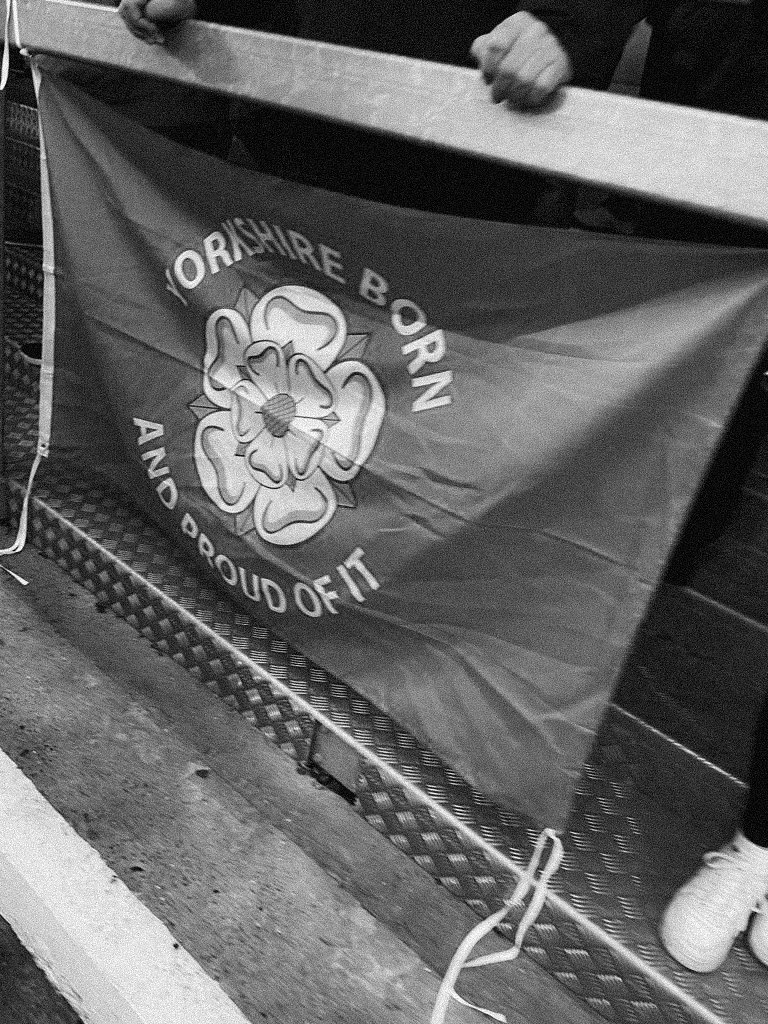Zidane Iqbal, the first British Asian player who made history as the first to play in the Champions League, reflects on his journey two years after the landmark event. Now, at 20 years old, he finds himself in Holland, gaining invaluable experience at FC Utrecht.
Iqbal's football odyssey started at the age of nine when he was scouted from his local team by Manchester United. Progressing through the ranks, he earned a professional contract in 2021 and that same year marked his professional debut in the Champions League against Young Boys. Reflecting on the experience, he says, “Of course, it felt different than any other game that I’d played before. I got to hear the Champions League anthem which is one of the most famous in the history of sport. But once I stepped out onto the pitch, it felt like any other game, and I blocked out the fans and focused on the job at hand. It was a truly special moment.”

Displaying skills both for club and country, the versatile 20-year-old could have had the opportunity to represent England, Pakistan, and Iraq at international level. Speaking English, Arabic and Punjabi, he would have seamlessly slotted into any of the teams but chose to represent Iraq, making his mark at youth levels and eventually featuring in the 2022 World Cup qualifiers against Iran and Lebanon.

When talking about his Champions League debut, Iqbal stated “It was an amazing feeling being the first ever British Asian player to play in the Champions League, of course, but it was really like any other game.”
Although Iqbal views his Champions League debut as just another game, it marks a significant milestone for British Asian representation in football. Recognising the importance of diversity in one of the world's most prominent football leagues, which has faced challenges in ensuring equal representation.

Reports from the early 2000s highlighted the severe underrepresentation of British Asians in the UK football scene. In 2017, the BBC reported that out of 3,000 professional footballers in England, only 10 were British Asian.
In response to these disparities, initiatives like the KSF Foundation, founded by Kashif Siddiqi in 2011, aimed to increase British Asian participation in football, addressing challenges faced by communities and players. Subsequently, a concerted effort has been made, and in 2023, it was announced that the number of professional players in English football had risen for the second consecutive year.

But there’s still important work to be done. Kick It Out chair Sanjay Bhandari recently condemned Crystal Palace's lead academy scout following a comment on South Asian families and their attitude to football. Bhandari stated that the stereotyping does not align with grassroots participation data and questioned whether the people in these roles were still working in the 1970s.
While Iqbal primarily sees himself as a football player, he acknowledges his role as an inspiration to fans worldwide. His move to FC Utrecht is not just a quest for personal development but also signifies a commitment to gaining first-team minutes, underlining the importance of practical experience at this stage in his career. This transition aligns with broader efforts within the football community to foster diversity and inclusivity and gain worldwide exposure for Asian people within football globally.
As individuals like Zidane Iqbal gain increasing recognition for their accomplishments in the sport, football evolves into a more inclusive environment for all. His relentless dedication and unwavering perseverance serve as a testament to the idea that football should be open to everyone from an early age, fostering a sense of accessibility and opportunity.
Photographer: Elliot Hensford
Production, Styling + Creative Direction: Nayaab Tania and 9inety6ixagency.
Brands:
Represent
Jeanius Bartelier
Acne @ Mr Porter
Ambush @ Mr Porter
Dior
Rolex
Cooba London
Louis Vuitton
Celine
Givenchy






